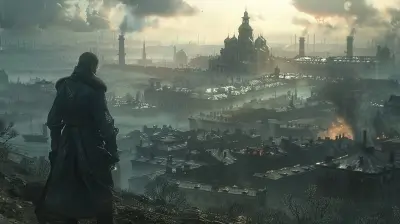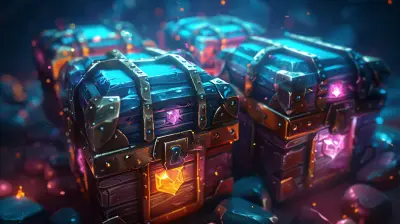Agency in RPG Worlds: How Freedom of Choice Defines Your Journey
22 November 2025
Imagine embarking on an epic quest in a sprawling fantasy world, sword in hand and town map tucked in your satchel. But here's the twist—you're not following a rigid script, nor are you limited to one predetermined path. Instead, you’re creating your own story, shaping your own destiny. Why? Because of agency. In the realm of role-playing games (RPGs), agency—the power to make meaningful choices that affect the outcome—is like the north star guiding your journey. It’s what turns passive players into active participants and transforms virtual landscapes into immersive playgrounds.
In this article, we're diving into why agency is not just a feature in RPGs, but the beating heart of the genre. From the freedom to make moral choices to shaping the narrative itself, let’s analyze how this sense of control elevates RPGs from mere games to unforgettable experiences.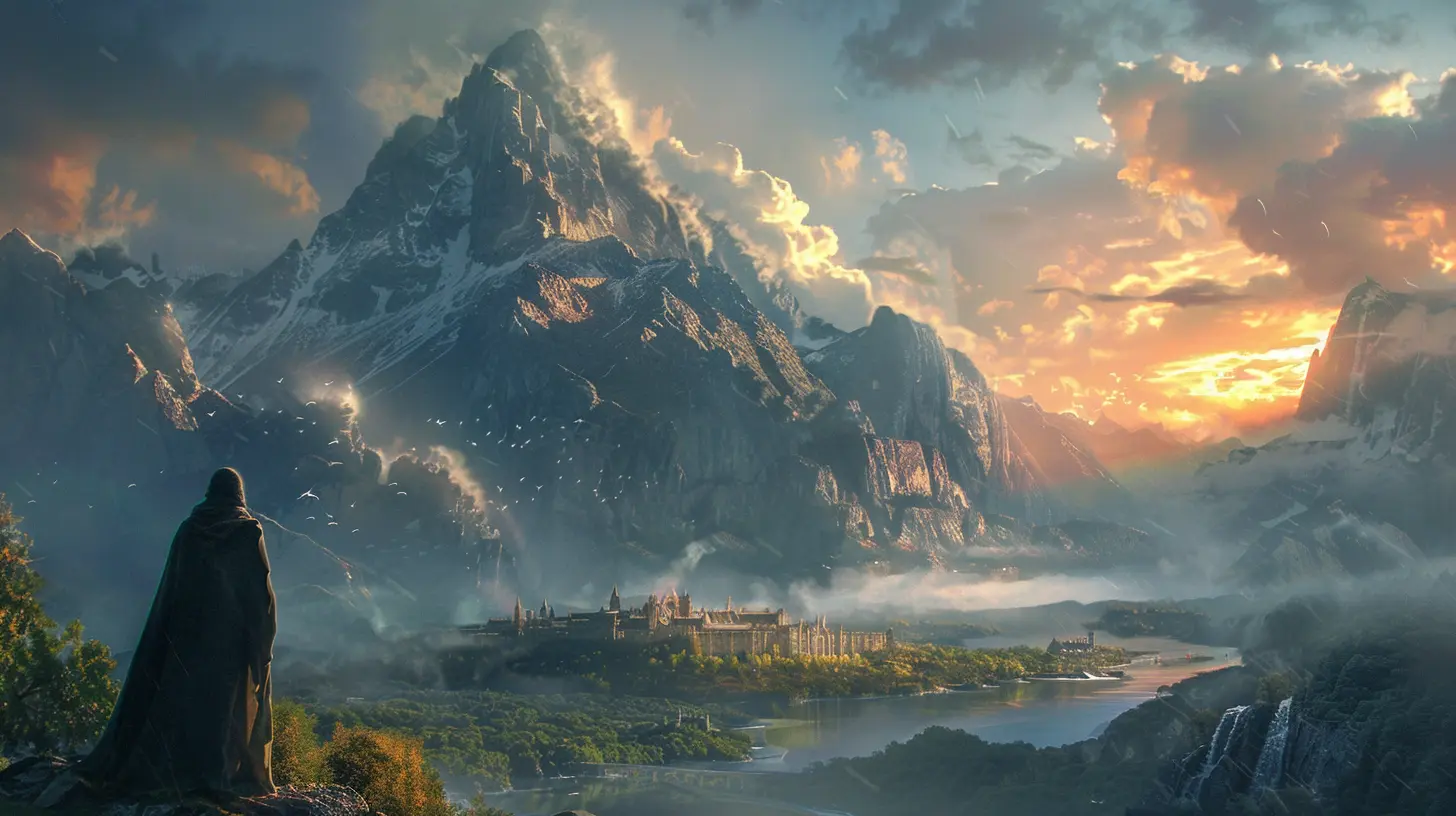
What Is Agency in RPGs?
Before we get into the nitty-gritty, let’s clear the air: what exactly is "agency," and why does it matter in RPGs? In the simplest terms, agency is the ability to make decisions that have a tangible impact on the game world. It’s the freedom to act on your own terms rather than being railroaded into a particular path, and it’s what makes you feel like the world you’re exploring isn’t static, but alive and responsive.For example, think about "Mass Effect." When Commander Shepard makes a decision—whether to save a colony or let it perish—the consequences ripple through the story, affecting relationships, alliances, and even the game’s ending. That’s agency in action. It’s not just about what you do, but about how the game world reacts to what you do. And, let’s be honest, that’s a pretty powerful feeling.
Why Agency Matters: A Player’s Perspective
So why does agency resonate so much with players? Simple—it delivers empowerment. Let’s face it: real life doesn’t always give us the ability to rewrite our fate, but RPGs? They give us a blank slate and say, "Go ahead, be the hero (or the villain) you want to be." That’s intoxicating.When you have genuine freedom in a game, it fosters a sense of ownership. You’re no longer just someone controlling a character on screen; you are the character. Your actions, your decisions, your personality—all these elements shape your journey. The more freedom you have, the deeper the immersion. It’s not about watching a story unfold; it’s about living it.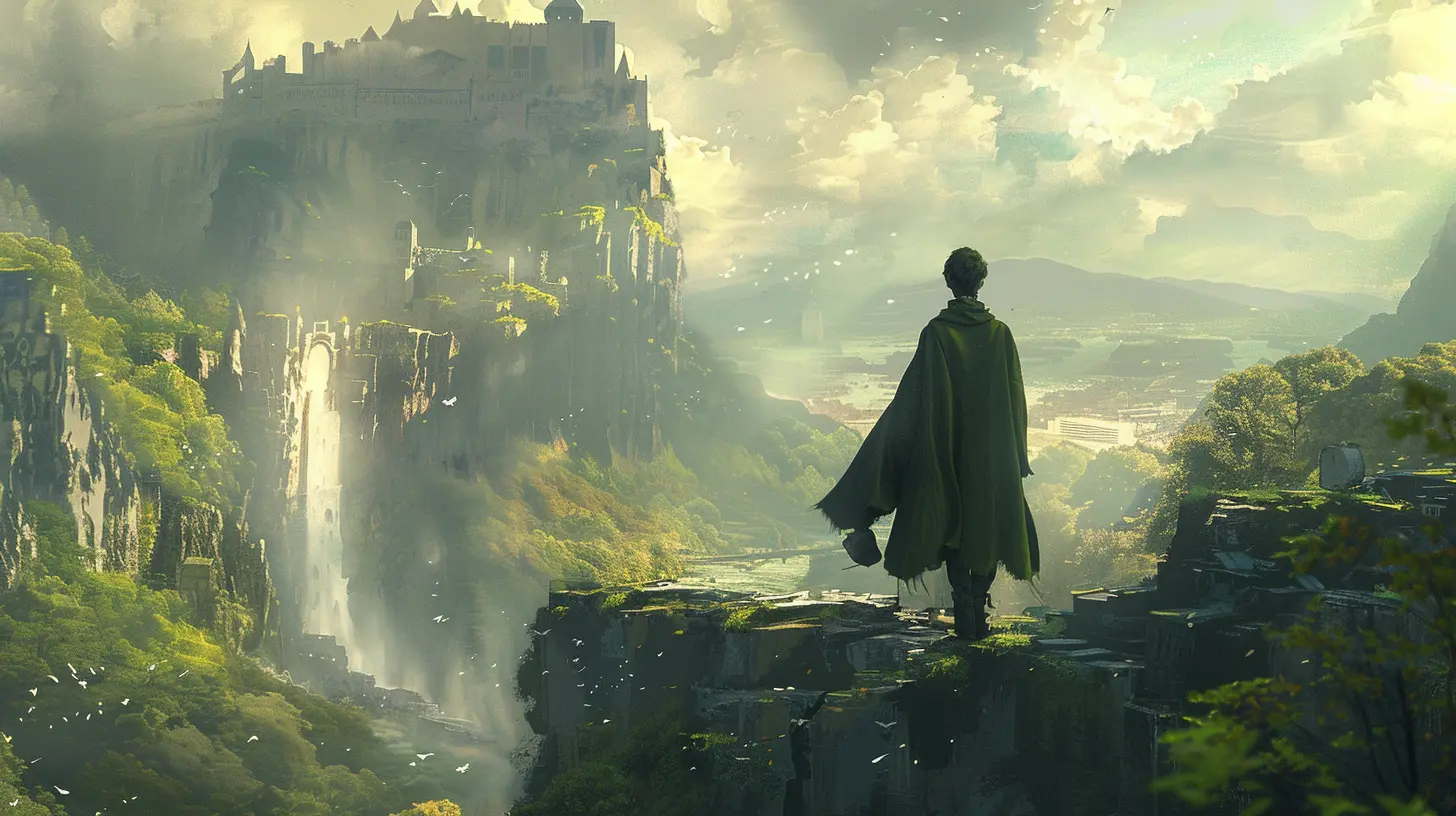
How Freedom of Choice Defines an RPG Experience
Let’s break it down further. When we talk about freedom of choice in RPGs, we’re not just talking about the ability to pick the color of your character's outfit. We’re talking about deeper, meaningful layers of choice that define not only the gameplay but the emotional experience as well.1. Narrative Branching: Infinite Possibilities
One of the hallmarks of RPGs is narrative branching. Games like “The Witcher 3” shine here. You constantly face moral dilemmas and tough choices—do you save the villagers or leave them to their fate in pursuit of a larger goal? There’s rarely a “right” or “wrong” answer. Instead, you’re left with shades of gray and decisions that carry weight.Narrative branching makes it clear: your choices matter. These aren't just cosmetic decisions; they ripple across the game, altering the world, the characters you meet, and sometimes even the ending. Think of it like throwing a stone into a pond—the splash is your decision, and the ripples are its consequences.
2. Character Customization: Becoming ‘You’
Character creation is another layer of agency that defines the RPG experience. Want to be a rogue with a flair for sarcasm? A stoic knight bound by honor? Or how about a morally ambiguous sorcerer who’s out for personal gain? RPGs let you build your character exactly how you envision them.Games like “Skyrim” and “Dragon Age” give you the tools to craft your identity. And it’s not just about stats or abilities—personalities, dialogue choices, and moral alignments all come into play. These elements are a reflection of you, the player, and the person (or hero) you want to inhabit within the game world. It’s like playing dress-up, but instead of clothes, you’re wearing whole identities.
3. Open Worlds: Freedom to Explore
Where’s the fun in making choices if you’re stuck on a linear path? Open-world RPGs like "Skyrim" or "Breath of the Wild" hand you a map and say, “Go nuts.” You can follow the main quest if you want, but you can also just...not. You might stumble upon hidden caves, secret quests, or even make a living as a blacksmith if that’s your thing.Open worlds feed into the idea that your adventure is yours. The freedom to explore, to take a detour, to chase after random side quests instead of chasing down the Big Bad—it all adds to the feeling of agency. There’s no “right way” to play; there’s just your way.
4. Moral Choices: The Gray Zone
RPGs love to test your moral compass. Are you willing to betray your companion for power? Do you sacrifice one person to save many? Games like "Mass Effect," "The Witcher," and "Pillars of Eternity" excel at presenting moral dilemmas that make you stop and think. It’s not just about what will get you the best loot—it’s about what kind of person you want to be.What makes this layer of agency so compelling? It’s the emotional investment. When you make a choice, you wrestle with its repercussions. Sometimes, the game doesn’t even let you know if you made the “right” call, leaving you to live with the uncertainty. That’s pretty close to real life, don’t you think?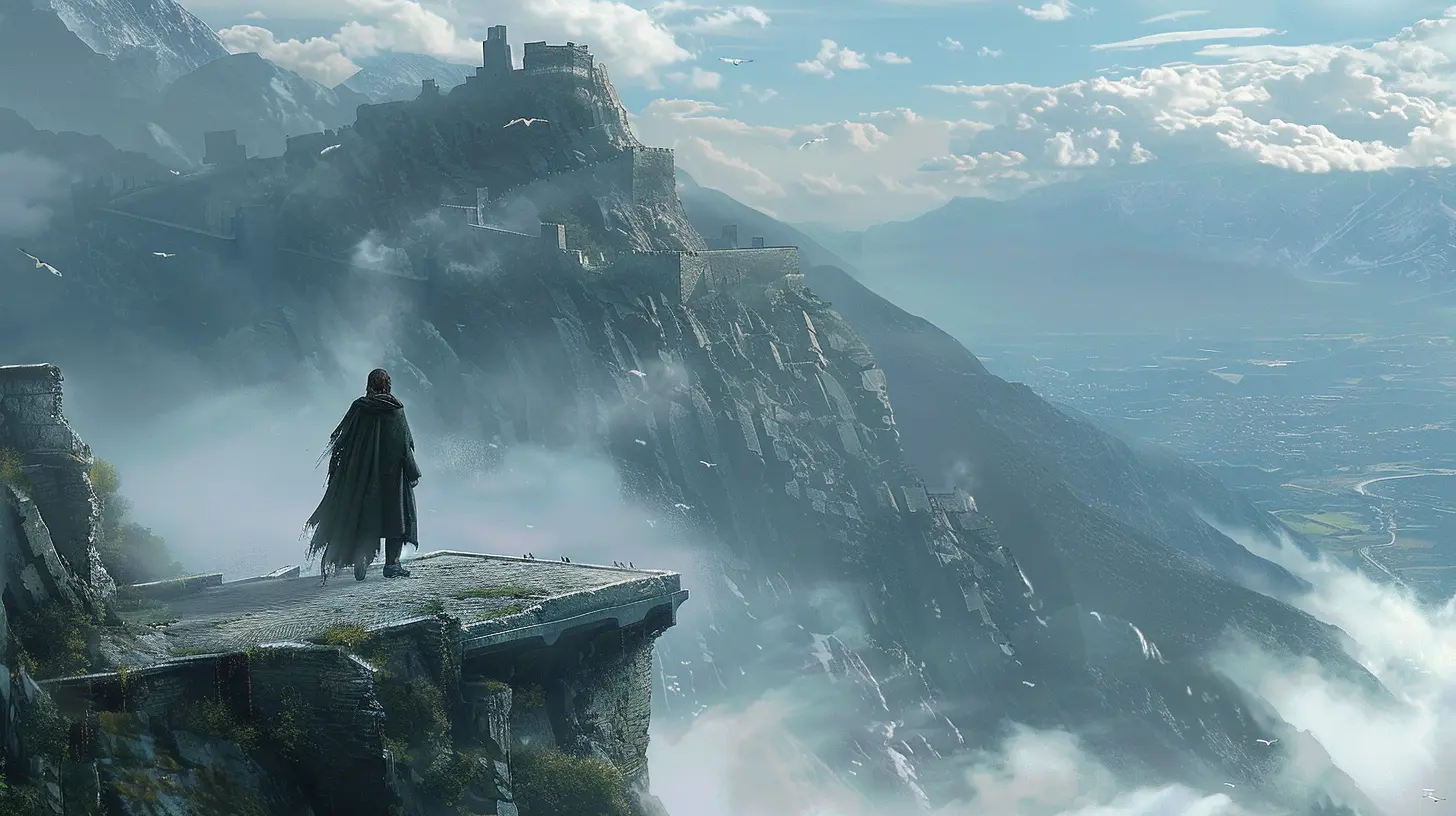
When Agency Goes Wrong: The Illusion of Choice
Now, not every game nails agency perfectly. Ever played a game where it seems like you have choices, but in reality, they don’t mean squat? This is what we call the "illusion of choice." It’s when the game pretends your decisions matter but ultimately funnels you into the same outcome no matter what you do. Frustrating, right?For example, you might spend hours deliberating over a big decision in a game, only to find out later that the outcome is exactly the same. At that point, you feel cheated, like your input didn’t matter. And that’s the opposite of what agency is supposed to accomplish.
Modern Trends: Agency in the Future of RPGs
As technology evolves, so does the potential for agency in RPGs. Developers are experimenting with AI-driven narratives and dynamic worlds that react to your choices in even more sophisticated ways. Imagine an RPG where every NPC remembers your actions, every town changes based on your deeds, and there’s no “script” to follow. It’s like having a personal Dungeon Master running a tabletop RPG just for you.Games like "Baldur’s Gate 3" are already making strides in this direction. With its reactive storytelling and staggering depth of player choice, it’s setting a new benchmark for agency in RPGs. The future looks bright—and full of decisions that we’ll agonize over for hours.
Final Thoughts: Why Agency Keeps Us Coming Back
At its core, agency in RPGs is about freedom and ownership. It’s about stepping into a world and thinking, “This is my story.” Whether you’re forging alliances, battling dragons, or simply deciding which tavern to visit first, every choice you make adds a thread to the tapestry of your adventure.And isn’t that why we play RPGs? To escape into worlds where our decisions shape the narrative, where we’re not just spectators but creators of our own epic tales? So the next time you boot up an RPG, take a moment to appreciate the weight of your choices. After all, they’re what make the journey truly yours.
all images in this post were generated using AI tools
Category:
Fantasy RpgsAuthor:

Jack McKinstry
Discussion
rate this article
1 comments
Hawk Wilcox
Choosing your path in RPGs is like picking toppings for pizza—so many options, but every choice leads to delicious adventures!" 🍕🎮
December 1, 2025 at 5:55 PM

Jack McKinstry
Absolutely! Just like selecting toppings, each choice in RPGs shapes your unique journey, enhancing the richness of the adventure. 🍕🎮

